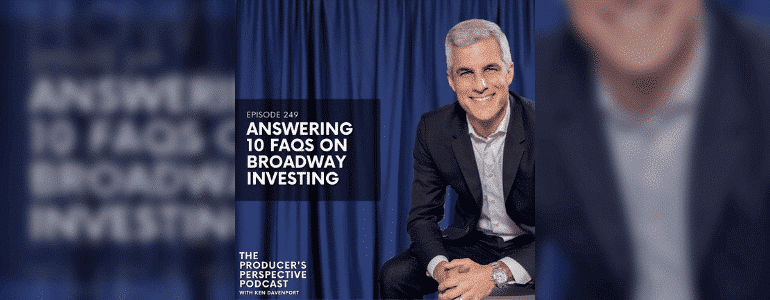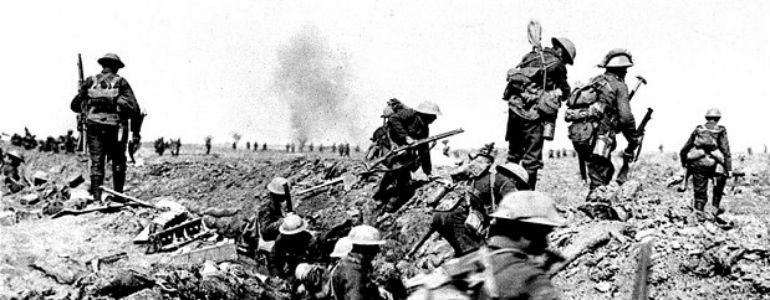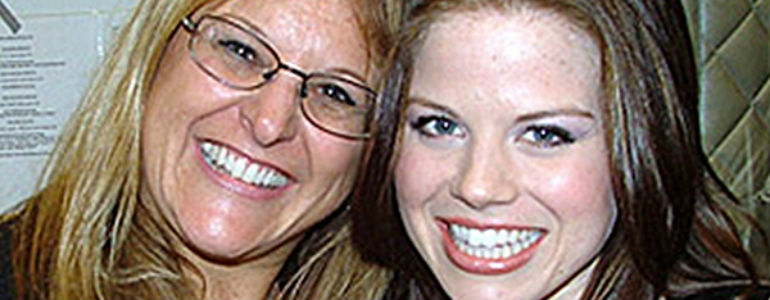10 Questions for a Broadway Pro. Volume 6: Flora Stamatiades, AEA Union Rep.
When you hear the words, Actors’ Equity Association (AEA), you probably think of the more than 40,000 actors (and stage managers) that are represented by that professional union. Well, AEA has a lot of folks toiling tirelessly behind-the-scenes as well, trying to keep all those members working. And in today’s theatrical economy, that is not an easy task.
But that’s exactly the job that Flora Stamatiades has. And let me tell you from firsthand experience, she’s good at it. I’ve watched her single-handedly create hundreds and hundreds of union jobs where there were none before . . . while at the same time making the Producer happier about it! Win-win is her middle name, and that’s usually what she gets.
So without further ado, here are 10 Qs for Flora about what it’s like working for one of the most important unions in our biz.
1. What is your title?
National Director, Organizing & Special Projects, Actors’ Equity Association
2. What show/shows are you currently working on?
I can’t really describe it in that way – but right now, I’m taking a look at several projects/industry sectors that we would like to see available for our members. There is also a constant flow of performers back and forth across the Atlantic keeping me busy.
3. In one sentence, describe your job.
I’ll give you two sentences for the two very disparate parts of my job:
1) Working with staff, members, elected leadership, and Producers to create more opportunities for work under Equity contracts.
2) Handling all issues of foreign performers appearing here and Equity members appearing abroad.
4. What skills are necessary for a person in your position?
You need to be a good listener and a creative thinker. You should also have a broad-based understanding of the industry, and it doesn’t hurt to be both flexible and stubborn as hell. I’m still working on all of these, especially the first.
5. What kind of training did you go through to get to your position?
Most of my training has been “on-the-job” – I’ve been fortunate enough to be guided by mentors who not only let me take on projects that might traditionally not be seen as my duties (especially before I was in my current position), but who also supported me in taking extra classes and training during my time here.
6. What was your first job in theater?
My first job after college was as the “Shop Assistant” at the (sadly) defunct Coconut Grove Playhouse. Interestingly, our attempt to organize the tech staff there led not very indirectly to my being laid off after one season.
7. Why do you think theater is important?
It nurtures communication, emotion, thought, and sometimes, just plain fun! Also, it’s a shared experience that fosters teamwork both in its execution and its enjoyment. It’s also an economic driver in its community – providing not only jobs, but ancillary income in restaurants, concessions, local businesses like the lumber yard or dry cleaner, and so on.
I would get into all that talk about how the arts improve people’s lives/children’s educations, etc., but I’ll leave that to someone who’s more expert in those areas.
8. What is your profession’s greatest challenge today?
Assumptions – on both sides.
9. If you could change just one thing about the industry with the wave of a magic wand, what would it be?
I think transparency and trust (which I really see as two sides of one coin) would make the labor/management relationship more productive. I see efforts in this direction all the time from both sides, but too often it is easy to fall back into old patterns, especially as we are “taught” that we are enemies.
10. What advice would you give to someone who wanted to do what you do?
It helps to have a broad-based understanding of the industry – not only from the perspective of the members you want to represent, but from the perspective of other industry unions, and even of employers.
Long before I decided in what area of the industry I wanted to work, I had tried most
everything – even acting, sadly for some audiences. But the skills gained
in each area of work added to my understanding of what it takes to put a
show/season together, and I hope leads to more productive conversations with
Producers and especially, our members (and future members).
And one final thing I recommend for anyone doing any type of
work – keep studying and training. There is always more to learn!
****************************************
Only 6 days left to enter The Producer’s Perspective Tony Pool. Win an iPad!
Play today! Click here!
And don’t forget to RSVP for my Tony Party!
Podcasting
Ken created one of the first Broadway podcasts, recording over 250 episodes over 7 years. It features interviews with A-listers in the theater about how they “made it”, including 2 Pulitzer Prize Winners, 7 Academy Award Winners and 76 Tony Award winners. Notable guests include Pasek & Paul, Kenny Leon, Lynn Ahrens and more.















